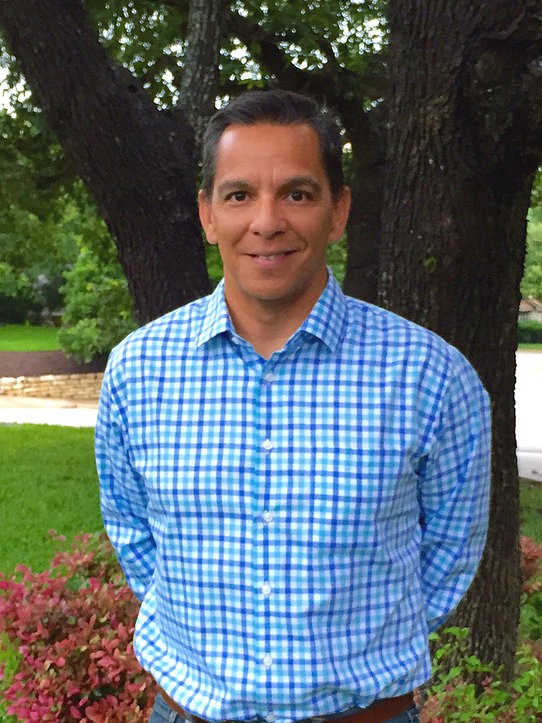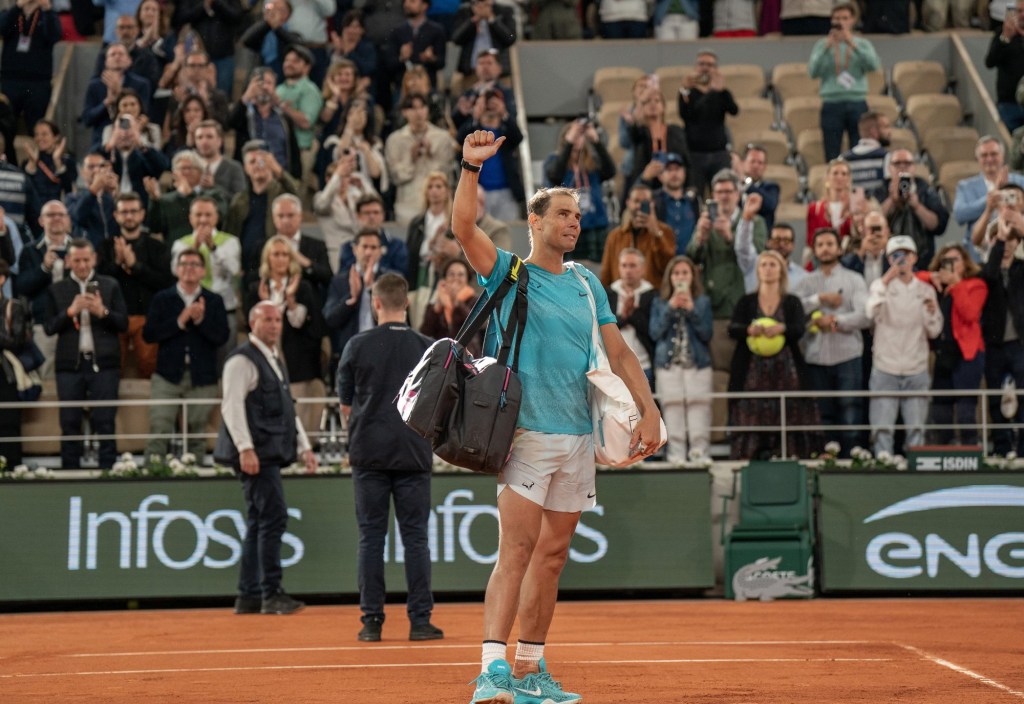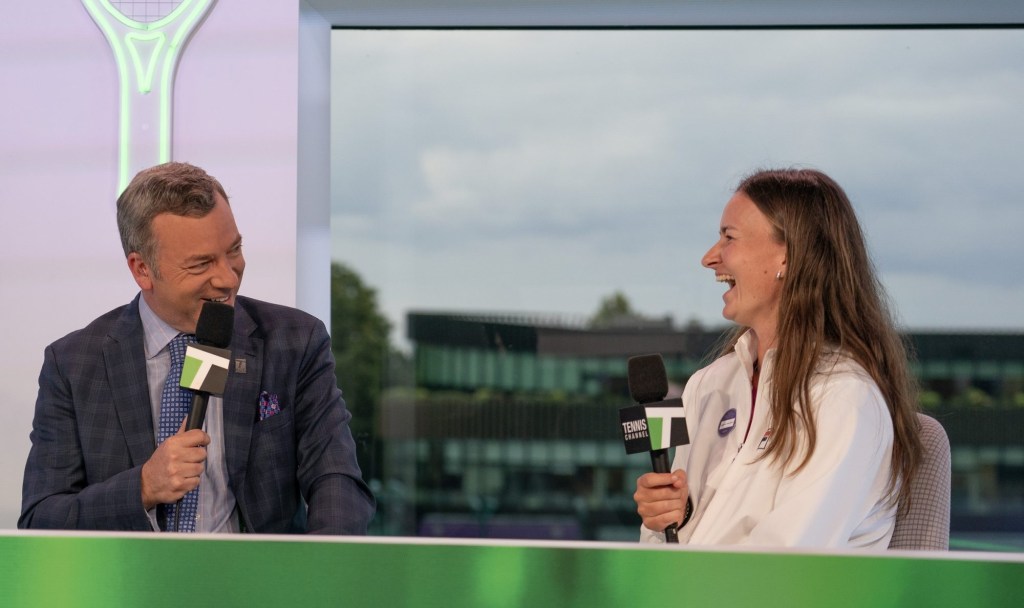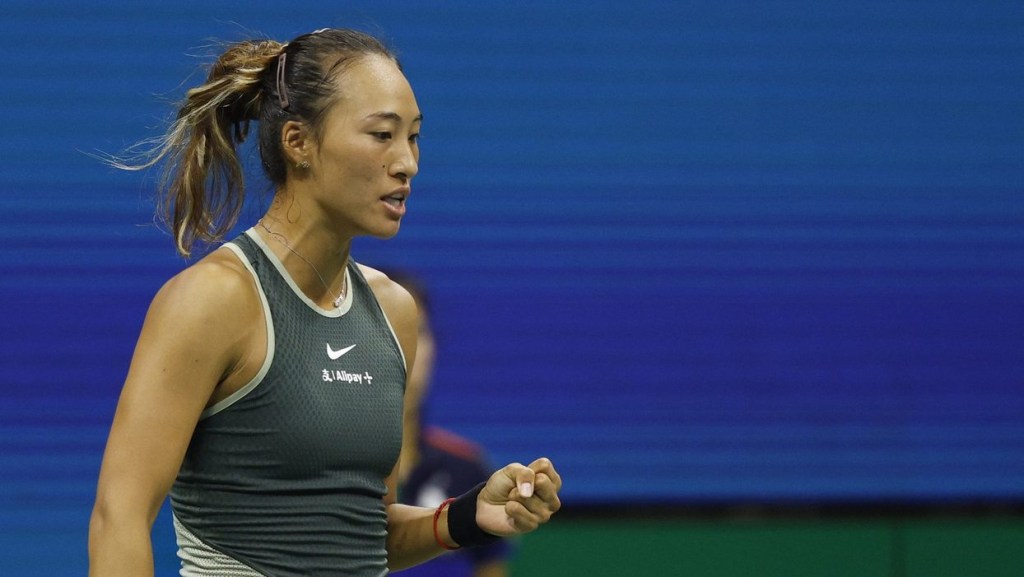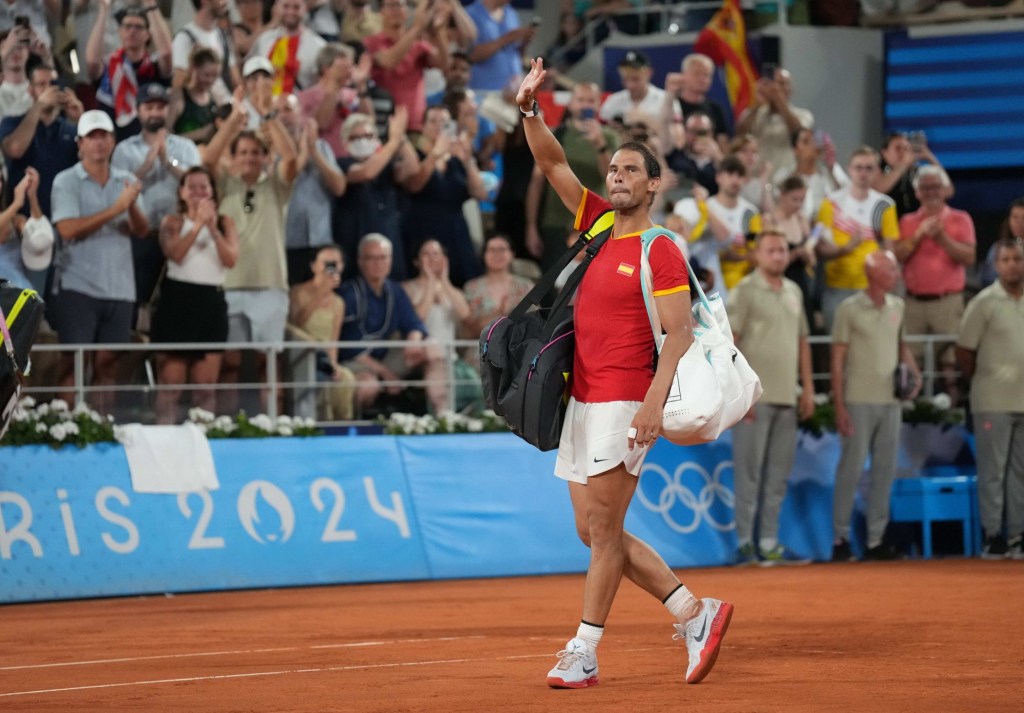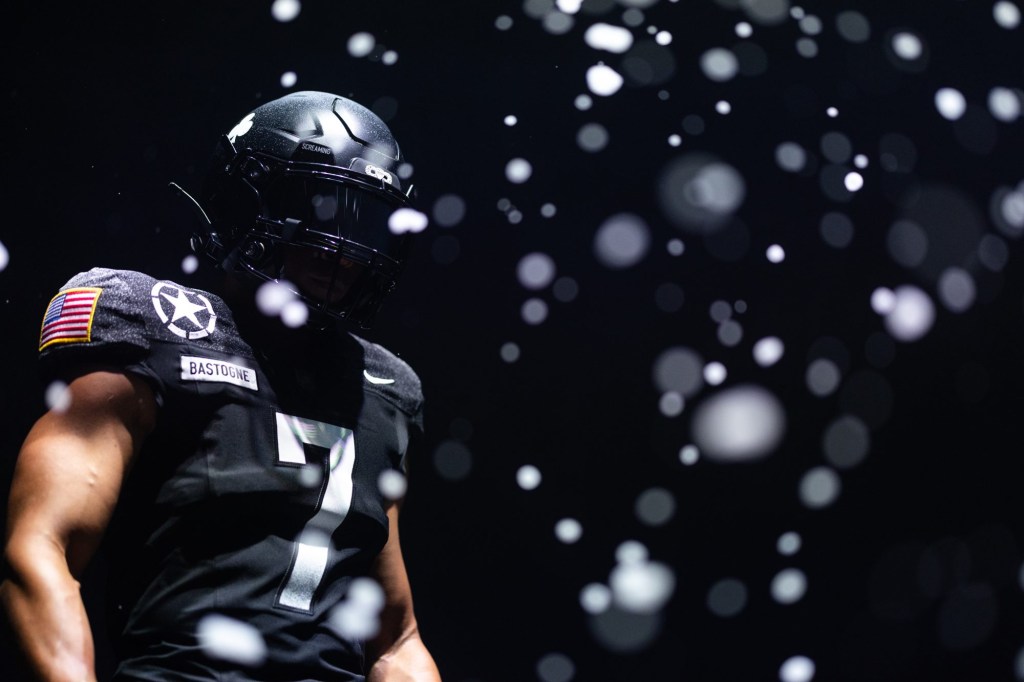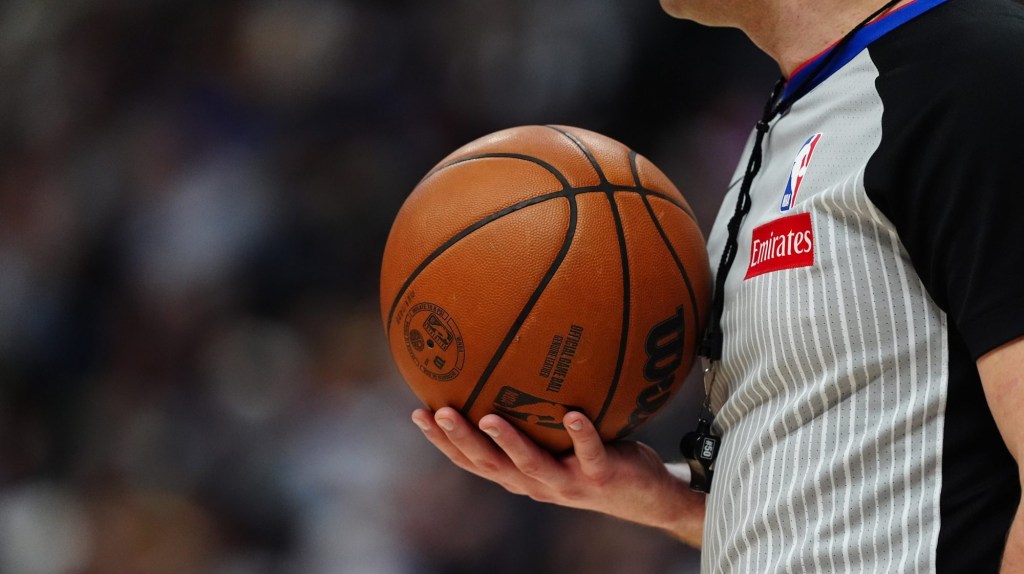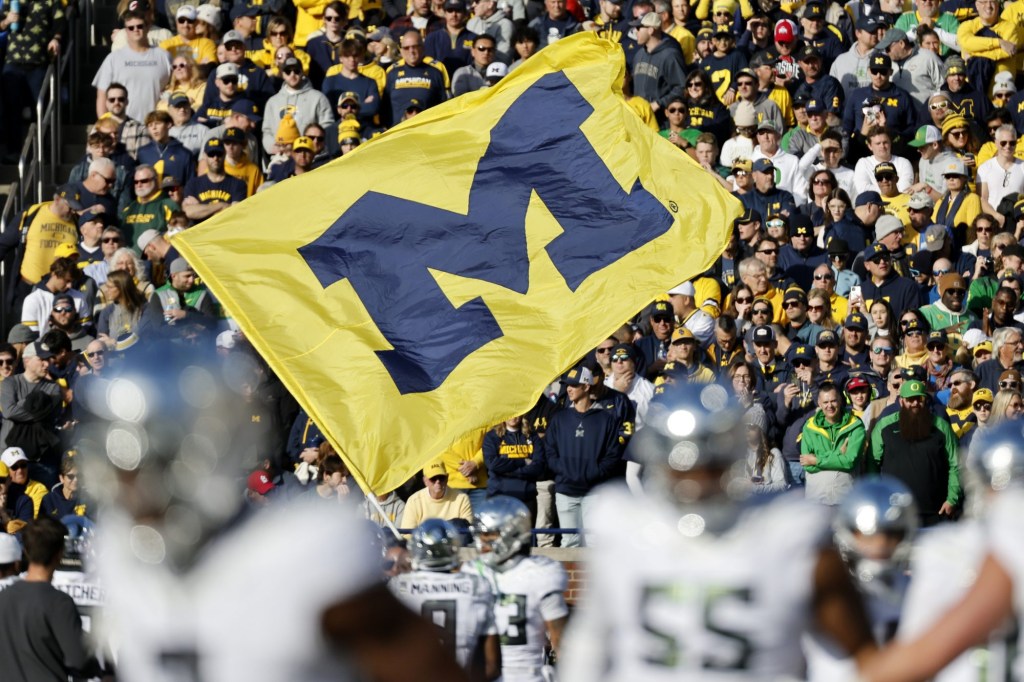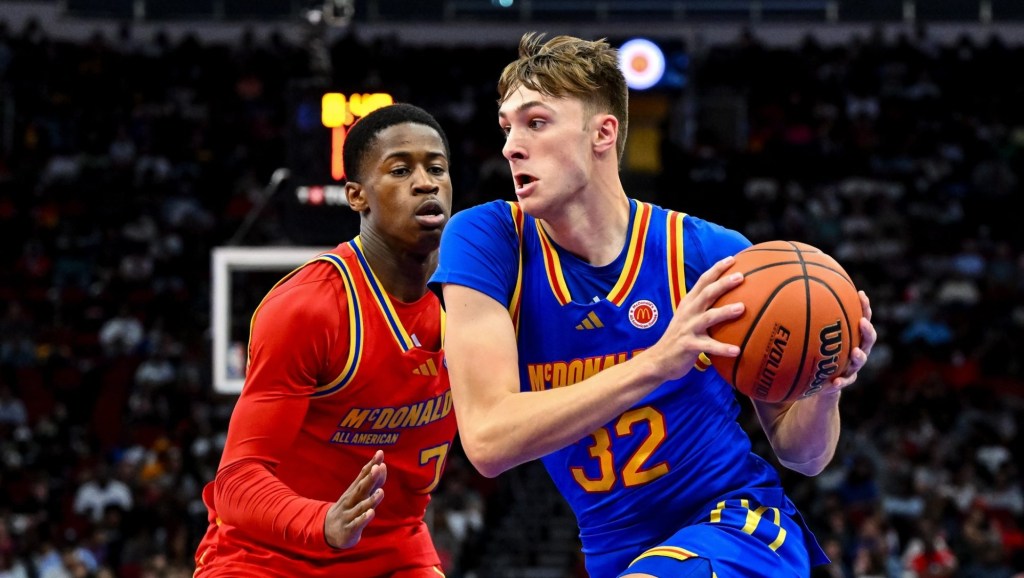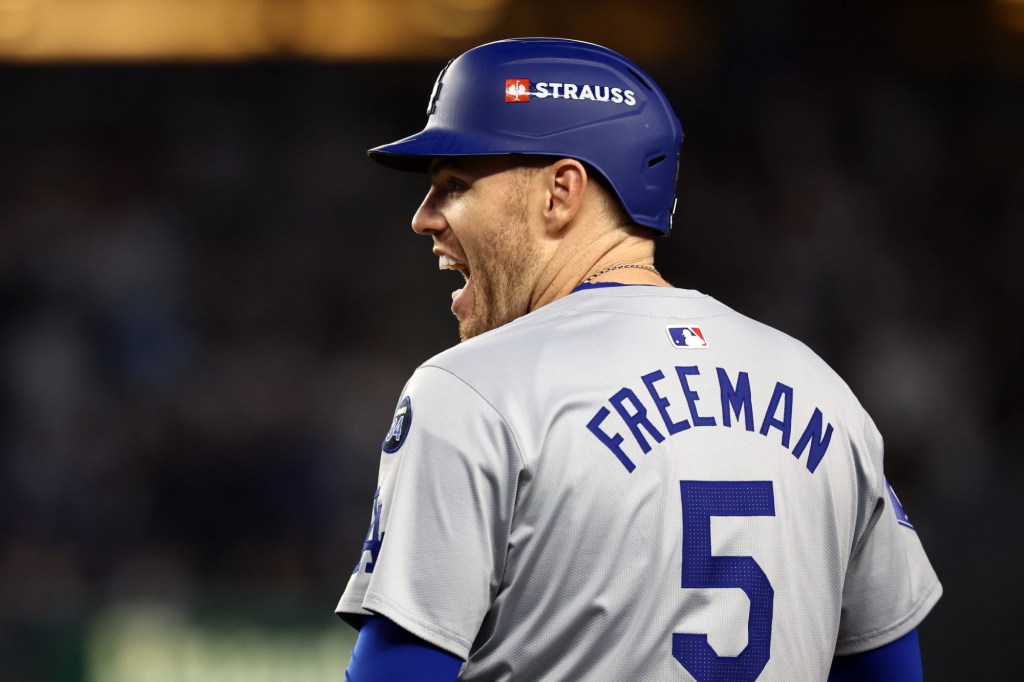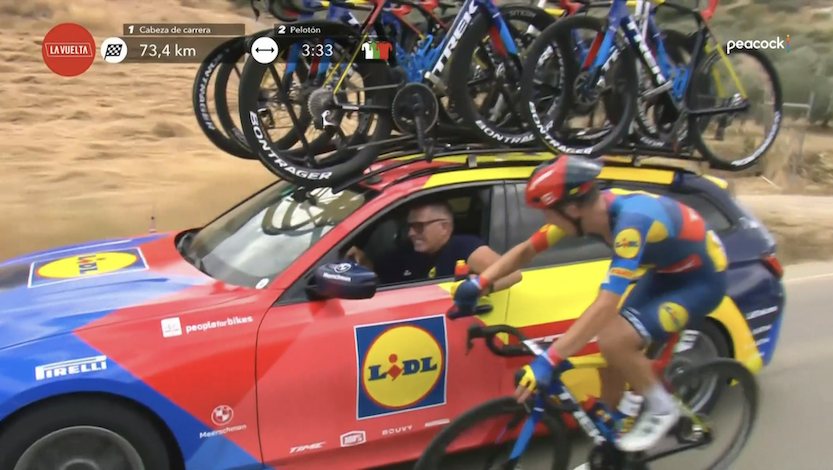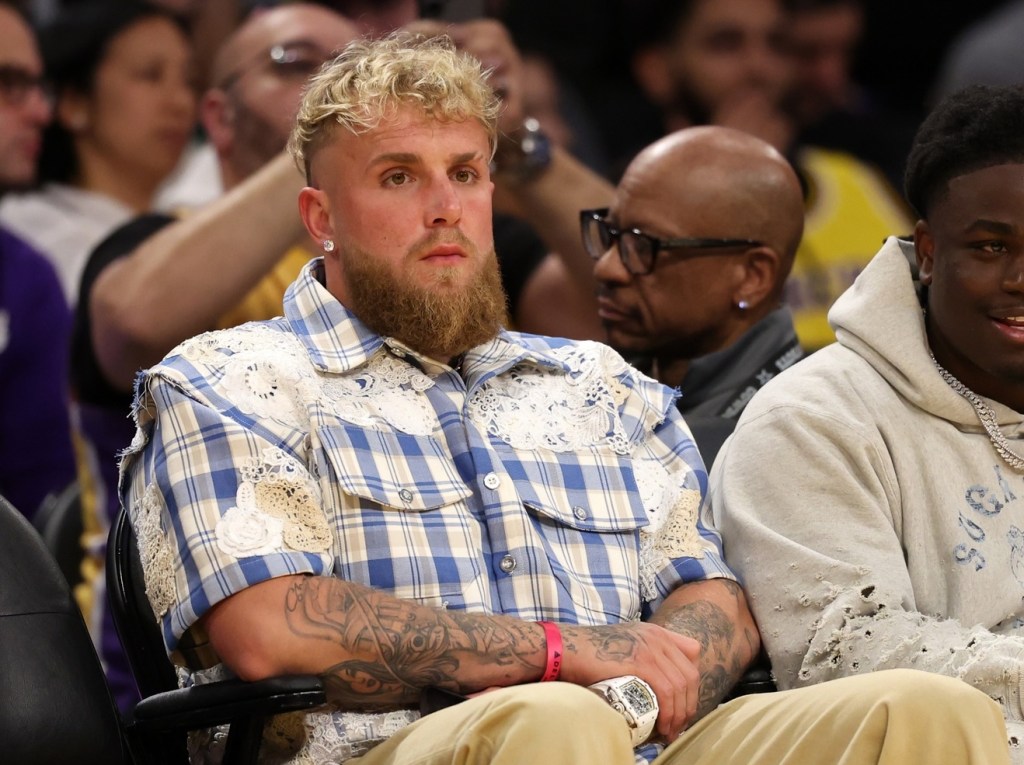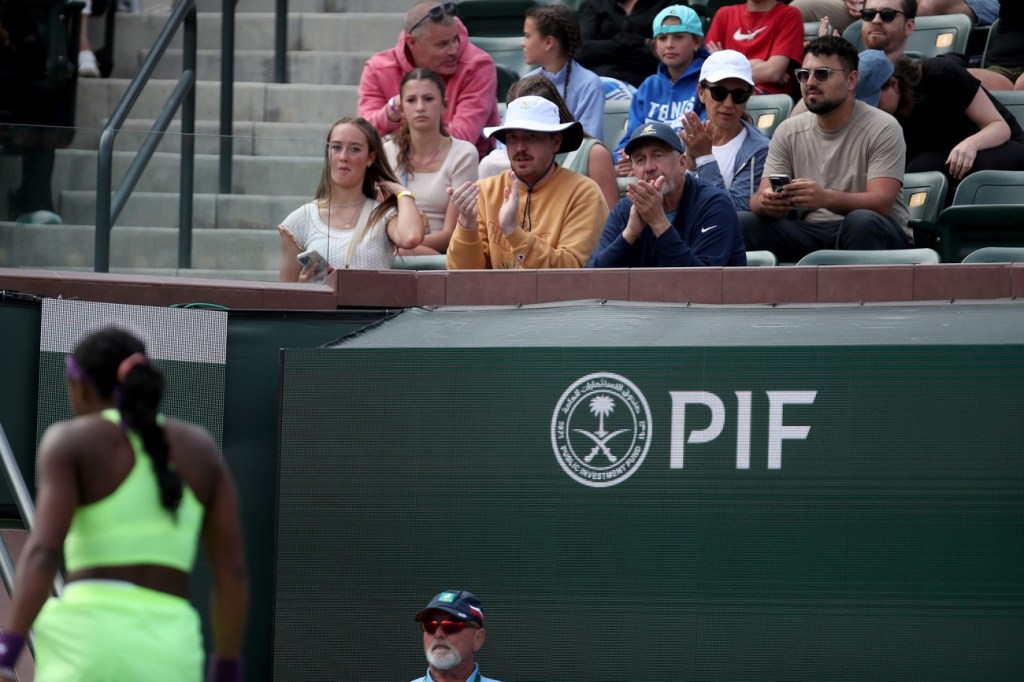By: Adam White, @FOSAdam

Front Office Sports is proud to have sat down with Israel Castillo, Vice President of Center Court Marketing. A consummate professional, Israel has been around tennis his entire life and luckily was able to carve out a niche for himself once he finished school. Five years ago, knowing he no longer could grow vertically in his career as a tennis pro, Israel made the transition into the marketing side of sports working for ProLink Live Sports and Entertainment. Since then, he as seen numerous doors open and a career that has blossomed, allowing him to take on his current role at Center Court Marketing. He was gracious enough to offer up his time and insight into the marketing world of tennis, why you must be genuine in this industry and why being able to execute is crucial.
You’ve been working in tennis for over twenty years in various roles; what has that journey been like?
It all started right after college when I finished a degree in political science. At that time, I had to make a choice between working in a think-tank and having to wear a suit every day or getting the opportunity to coach tennis. At that point I knew I wasn’t going to make a living by playing professionally, so I decided to start teaching tennis and quickly fell in love with it.
At that point, I looked at myself in the mirror and tried to figure out the pinnacle of what I could do in my current position, which was to become a Director of Tennis. From there, I mapped out what I wanted my career to look like, which was very helpful as it gave me a clear and defined roadmap. This map, coupled with my other various positions along the way, led me to my next stop at Barton Creek Resort and Spa. I was there for thirteen years and it was an excellent job at a world-class facility.
After being there for such a long period, I was ready for my next challenge and that is why I made the transition to ProLink. That step really opened up a lot of new doors for me; it was fantastic, fun and allowed me to get insight on the marketing and event planning side of the business.
Day-to-day of current position with Center Court?
My role as VP requires me to wear multiple hats and be able to switch those hats multiple times throughout the day. I handle everything from business development, to writing proposals, creating strategy for clients to name a few. Each day is dynamic and different from the last.
Finish this sentence for me “Tennis has allowed me to…”
It has allowed me to follow my passions, grow as an individual, form fantastic relationships and create a career.
What are three things students should prepare for when they are pursuing a career in sports?
They should prepare for rejection and the different aspects that come along with that. A lot of people in the sports business have played sports and they are accustomed to winning. In your professional career, you’re going to be told no a lot more and you are going to have to be okay with it.
Be genuine. There is nobody better at being you than you. When you are trying to be someone else, it just doesn’t work. You have to be comfortable in your own skin.
Ideas are great, but it is the execution that matters. This can happen in two different ways; you can either execute your idea yourself or you can take the idea and hire a team that will execute it for you. The ideas will come quickly, but the execution takes time.
In your opinion, what is the hardest thing about working in sports?
For me, the hardest part is hearing the “no.” Even at my age, it can be tough to take because I know that when I send over a proposal I’m looking at their needs and how we can fulfill them with our resources at a competitive price. When you have done all of that analyzing and found ways to make your service fit their needs and budgets to the best of your ability, a negative response can be tough to take.
What is the biggest mistake you see students make when trying to get into this field?
One of the bigger mistakes people make is that they think they aren’t qualified to intern or work somewhere. You can’t hold yourself back with a preconceived notion of what you can and cannot do.
You have to remember to put in the hours. You need to make sure that you are working hard, but not working too hard to where you are getting taken advantage of by your employers.
Parting wisdom?
I think we all have a little voice inside of us that tells us what we should be doing and it is imperative that we listen to that voice. Listening to that voice and following its suggestions leads to happiness. That little voice in your head is rarely wrong.
Quick is relative. Quick is not just a year or two. You have to put your nose to the ground and grind it out.
You can’t be afraid to do menial tasks. You can’t be afraid to get your hands dirty. As you move on in your career, you have to have had that experience in the trenches in order to lead better. It is tough to lead if you haven’t been in the trenches.
I want women and girls out there to remember that the sports business world isn’t just for guys. There are so many avenues to success, especially now with all of the technology. Girls need to remember that they don’t have to just be a broadcaster, lawyer or agent, there are so many avenues in which you can attack the sports business industry if you really like working in sports and truly want to be in it.
We would like to thank Israel for his time and insight and we wish him the best in all his future endeavors!
You can follow him on Twitter here, or connect with him on LinkedIn here!
